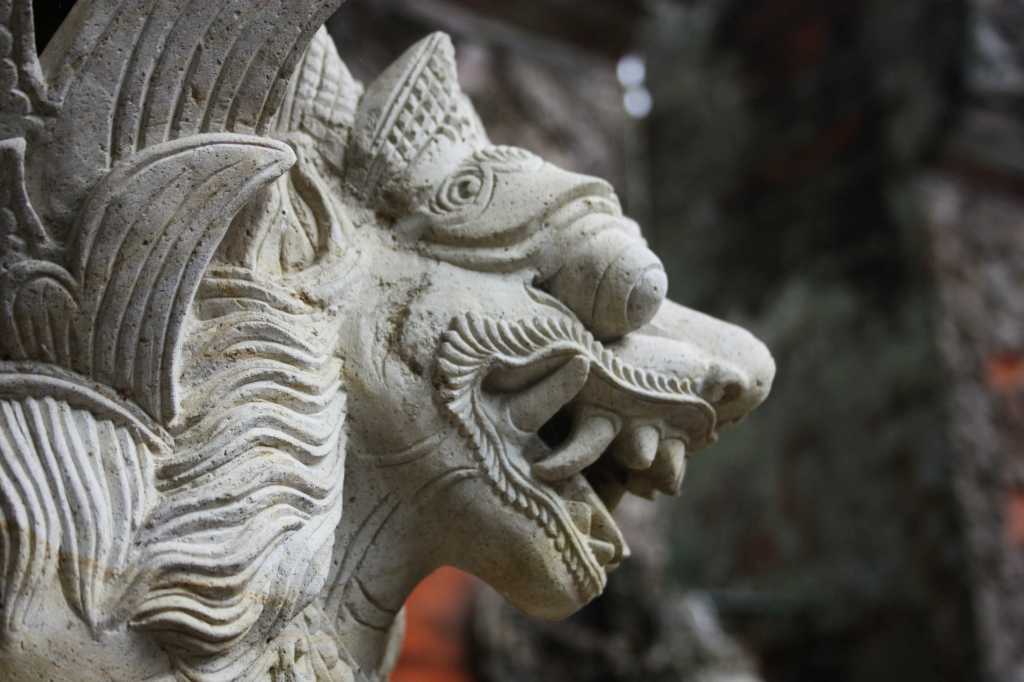Ni hao!

你好!
I’m interested to see if wordpress is going to be happy with Mandarin characters at the top of its screen… let’s find out…
So, as I’ve mentioned before, I’m trying to learn Mandarin. And not doing very well. I’ve had a book – ‘Teach Yourself Mandarin’ no less – on my bedside table for about six years now. I got it during my time at LSE, when I really should have taken Mandarin as an outside module to my history course instead of, horror of horrors, wasting two options on ‘International Relations – Politics, Society and the New World Order‘ and, god help us all – ‘Sociology 101 – Identity & Society‘. However, the horrors of studying language at school, where lines of girls were drilled in the art of explaining that yesterday I played tennis, and tomorrow I shall play chess, and I have no brothers or sisters but one cat and her name is Fluffles, rather put me off formal study at university, and this I now regret.
After three years at LSE, I was onto Chapter 3 of ‘Teach Yourself Mandarin’ and had mastered the art of greeting Mr Wang and asking Mrs Li if she preferred coffee or tea. Heady stuff. At RADA, I tried to teach myself languages in between cues, but the perpetual gossip over the cans pack and the endless exhaustion of the long, long days, dented both my enthusiasm and intellectual stamina. By the time I graduated, I’d crawled up to Chapter 5, and was just about able to compliment Mrs Li on her well-chosen kitchen and her brand new freezer.
Thankfully, graduation, if not exactly causing a slow-down in the volume of work I do, at least gave me options as to when I did that work, and in recent months I’ve finally moved on a bit. I am currently hovering on Chapter 14 – at the railway station – and struggling with the new introduction to my life of that great terror of Mandarin; learning the characters. Up to now everything has been pinyin, a romanized form of the script. ‘Ni hao!’ I would write. ‘Wo jiao Kate! Wo jia zai Lundun. Wo mei you gege, mei you jiejie. Qing he kafei?’ … and thoroughly smug I would feel to have laboured even this far in my endeavours. But suddenly, characters began to happen, and though I can basically recognise one or two – the really useful ones – ask me to write even the simplest of sentences and I just sit there, my mind a blank, the muscle memory in my hand reporting a total lack of information. I use every trick I can to try and drum them in; flash cards, postit notes stuck to strategic bits of furniture; drawing games; quizzes, even a couple of my own novels which were translated a few years back and whose content I have, embarrassingly, almost entirely forgotten. But still, it just doesn’t come.
Okay, I figure, okay. So maybe it’s a bit much to expect my mind to suddenly and instantly grasp with photographic clarity a lexicon of 10,000 utterly unfamiliar symbols. How about the speaking?
Well, there’s good news and bad news here. The good news is that I’ve progressed enough that, when listening to Mandarin I can at last distinguish some words and ideas from what used to be an unintelligible babble of noise on the air. This has also been a marvellous excuse to watch kung fu movies, all in the name of study, of course, and as a result those bits of language I can easily replicate and reproduce are perhaps not necessarily appropriate to the challenges of the Chapter 14 quiz – buying a return ticket from the railway station. When very tired, I also listen to podcasts and recordings of Mandarin news and lessons, and was thrilled to learn that BBC Podcast is pretty much the same in both English and Mandarin. I’ve also finally acquired a couple of willing Mandarin buddies; like-minded friends up for a bit of a challenge. A couple of weekends back, our endeavours included a trip to see Richard III at the Globe on the South Bank, delivered by the Theatre of China as part of the Shakespeare Festival. New vocabulary acquired included ‘daren’ (literally – ‘big man’), ‘Tower of London’ (Lundun Ta) and of course, ‘a horse, a horse, my kingdom for a horse!’ (Yi pi ma!) By the amount of time we spend cheering for Licha (I’m sure it’s not written like that) I suspect we’ve also found the Mandarin equivalent of ‘Richard’. As for the rest… well, we got the gist, which was more than we were expecting…
Recent revelations from my Mandarin buddies have included the discovery that my name in Mandarin is usually translated as 凯瑟琳,and I suppose there could be worse fates. It’s also been interesting discovering how different our various language courses, if we can call them that, have been. One of my Mandarin buddies, for example, is very good at clauses discussing the why and the where of the thing, whereas I’m still rather stuck on the what and the where of life. All of us struggle with the tones.
Ah yes, the tones you have to use in Mandarin. This is something which really throws me. There are four sounds you have to produce in Mandarin, in order to influence the meaning of the word. Take one very simple word – ‘shi’, for example. Say it one way, and it means the verb ‘to be’. Say it another way – the precise same sound, with a different tone as you speak it – and you might have the number ‘ten’. Confused? I certainly am. To add complexity to the problem, while 是for ‘to be’ is clearly a different written character for ‘十’ for ten, the character which represents both ‘horse’ and which is used as a question particle, looks exactly the same! ‘Ma’ is the guilty sound; put it at the end of your sentence, and it becomes a question: would you like to have coffee ma? Then again, if you’re a Plantagenet prince having a bad day, then you really need your ma; you need it so badly you’d give up your kingdom for one. As if that wasn’t bad enough, a lot of words, it seems, can either be broken down into smaller parts with different meanings, or built up into great compounds of ideas. In many ways, this makes the language slightly easier, or at the very least, gives it an interesting pattern and structure to study and wonder at. But generally speaking, the sheer difference between not merely the sound of the language, but the way the words themselves are arranged, their meanings, contexts, implications and subtlties, makes Mandarin almost comically hard to learn. Still! It’s good to have a hobby, isn’t it…?





